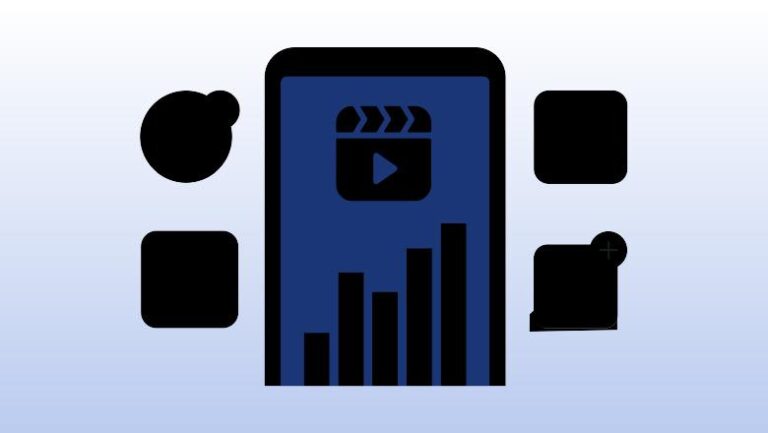How Different Is C++ from C?
C and C++ are two of the most foundational programming languages in software development. While C focuses on procedural programming, C++ extends its capabilities by introducing object-oriented programming, making it more versatile. Developers often debate the differences between the two, especially in the context of the modern software development process. This article delves into the key distinctions between C and C++, their use cases, and how they relate to modern technologies like C# channels, dotnet channels, and concurrent programming models.
Overview of C
C is a procedural programming language that provides direct access to memory and low-level functionality. It is widely used for systems programming, embedded systems, and performance-critical applications.
Key features of C include:
- Simplicity and close-to-hardware functionality.
- Extensive use of pointers for memory management.
- Dependence on manual memory allocation and deallocation.
- No built-in support for object-oriented concepts like classes or inheritance.
C’s efficiency and simplicity make it ideal for applications where performance and resource control are critical.
Overview of C++
C++, often described as “C with classes,” is a superset of C. It retains the procedural aspects of C but introduces object-oriented programming (OOP) features such as classes, objects, inheritance, and polymorphism.
Key features of C++ include:
- Support for both procedural and object-oriented programming paradigms.
- Built-in features for encapsulation, abstraction, and inheritance.
- Libraries like the Standard Template Library (STL) for common data structures.
- Exception handling for robust error management.
C++ is widely used in game development, graphical applications, and any scenario requiring complex systems with reusable code components.
Key Differences Between C and C++ 1. Programming Paradigm
- C: Procedural, focusing on functions and step-by-step instructions.
- C++: Supports both procedural and object-oriented paradigms, offering more flexibility in the software development process.
2. Memory Management
- C: Manual memory allocation using malloc and free.
- C++: Offers both manual memory management and automatic features like constructors and destructors.
3. Error Handling
- C: Error handling is done using return values and functions like setjmp and longjmp.
- C++: Provides robust exception handling with try, catch, and throw statements.
4. Data Security
- C: Lacks encapsulation, exposing data and functions globally.
- C++: Allows encapsulation using classes, making data more secure and manageable.
5. Standard Libraries
- C: Relies on libraries like stdio.h and stdlib.h.
- C++: Includes STL, which provides containers, iterators, and algorithms.
Modern Programming: From C++ to C#
As programming evolved, languages like C#emerged, combining the efficiency of C++ with a focus on simplicity and modern features. For instance, C# introduced innovations like C# channels to simplify concurrency in the software development process.
What Are C# Channels?
C# channels, similar to dotnet channels, are tools for communication between threads in concurrent programming. They enable safe and efficient data sharing, following patterns seen in producer-consumer models.
Example of C# producer-consumer using channels:
var channel = Channel.CreateUnbounded<int>();
// Producer
Task.Run(async () => {
for (int i = 0; i < 10; i++) {
await channel.Writer.WriteAsync(i);
}
channel.Writer.Complete();
});
// Consumer
Task.Run(async () => {
await foreach (var item in channel.Reader.ReadAllAsync()) {
Console.WriteLine(item);
}
});
The concept of C# channels originates from fundamental principles in C and C++, such as modular programming and memory management.
Application of C++ in Modern Development
C++ remains highly relevant in areas such as:
- Game Development: Popular game engines like Unreal Engine rely heavily on C++.
- Embedded Systems: The low-level control of C++ makes it ideal for IoT devices and real-time systems.
- High-Performance Applications: Financial systems, scientific simulations, and operating systems often use C++ for performance optimization.
Despite its strengths, C++ requires a steep learning curve, prompting many developers to transition to languages like C# for streamlined development.
C++ vs. C in the Software Development Process
When deciding between C and C++ in a project, consider the following:
- Use C if you need maximum performance and control, especially in embedded systems or OS development.
- Use C++ for projects requiring modularity, code reuse, or complex data structures, such as applications in AI or graphics.
Both languages influence modern practices. For example, dotnet channels in C# leverage concepts rooted in C++’s threading and memory management paradigms.
Advancing from C++ to C#: A Practical Perspective
Many developers begin their journey with C or C++ and then transition to modern languages like C#. The key advantage of C# is its simplicity and support for high-level abstractions while maintaining performance.
Features in C++ vs. C#
Feature
C++
C#
Object-Oriented Support
Full support
Full support with additional abstraction
Memory Management
Manual and RAII
Automatic (Garbage Collection)
Concurrency
Threads and mutexes
C# channels, async/await
Libraries
STL, Boost
.NET framework
The addition of C# using directives simplifies programming further by reducing boilerplate code. For example:
using System;
class Program {
static void Main() {
Console.WriteLine(“Hello, World!”);
}
}
Conclusion
While C and C++ share similarities, their differences make them suitable for distinct use cases. C excels in low-level programming, while C++ is better for complex applications requiring object-oriented principles. As programming evolves, modern languages like C# borrow the strengths of both, integrating advanced features like C# channels and dotnet channels for efficient concurrent programming.
Understanding these languages not only strengthens your coding skills but also equips you to navigate the ever-changing software development process. Whether you are exploring the roots of programming in C or harnessing the power of C++, these languages lay the groundwork for mastering modern tools and frameworks like C#.
Read more : Strategies for Building Ethical Leadership in Business







